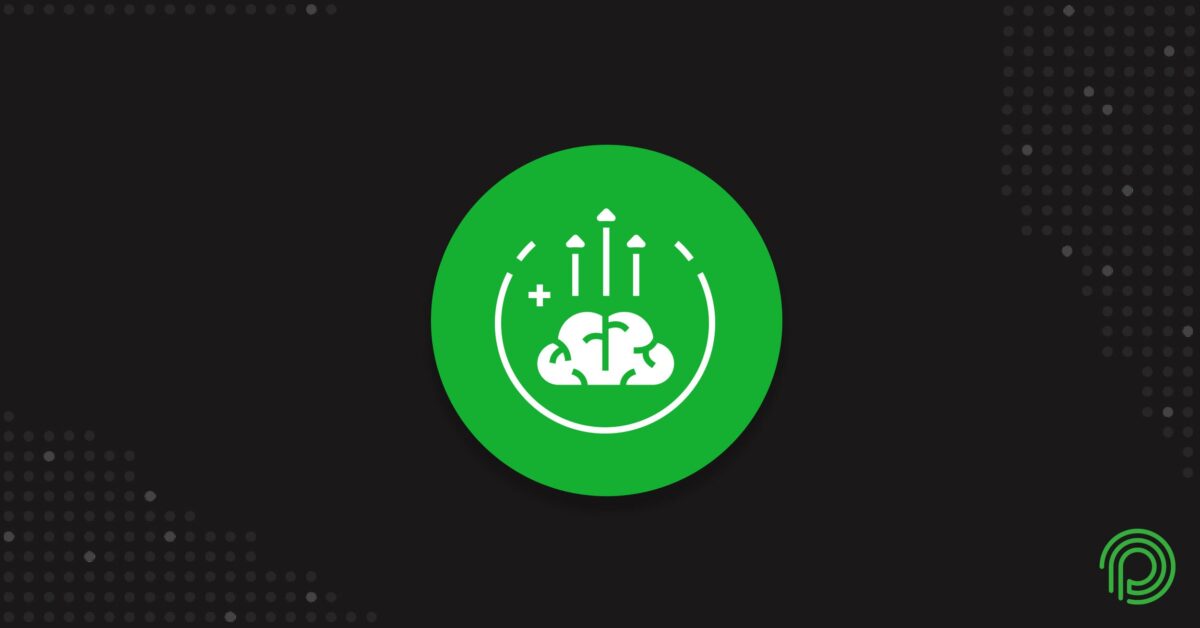“In a growth mindset, people believe that their most basic abilities can be developed through dedication and hard work — brains and talent are just the starting point.” — Carol Dweck
Awareness is the first and essential stepping stone to change. Without it, effort and action make way for frustration — not progress.
What role does awareness play in mindset? Mindset is often perceived as passive and untouchable.
There’s some truth in that idea: childhood, education and personality all work to define our mindset.
There’s an element of autonomy in that mix, too. But that choice doesn’t exist without awareness.
We have to understand how our mindset functions before we consider how we can change it. This task has been made far easier by scholars who have organized the human outlook into two helpful categories: growth mindset and fixed mindset.
What’s more, our modern age has produced tools that help individuals untangle their thought patterns to discover where on they fall on the growth-fixed spectrum.
Why growth?
American psychologist Carol Dweck spent years examining the self-conceptions that inform behavior. “In a growth mindset, people believe that their most basic abilities can be developed through dedication and hard work — brains and talent are just the starting point,” Dweck wrote. “This view creates a love of learning and a resilience that is essential for great accomplishment.”
Some jobs make a growth mindset an absolute necessity. A teacher, for example, would be greatly helped by his ability to see the opportunity for learning in his students’ inability to distinguish between there, their and they’re. So might a researcher benefit from her willingness to work through the frustration of failure to discover the makeup of a toothpaste that fights garlic breath.
In short: Any job that requires comfort with ambiguity, willingness to take risks and ability to change quickly requires a growth mindset.
Why fixed?
Growth mindset is great. That doesn’t mean fixed mindset is inherently awful.
Dweck spoke quite harshly of the fixed mindset. “In a fixed mindset, people believe their basic qualities, like their intelligence or talent, are simply fixed traits,” she wrote. “They spend their time documenting their intelligence or talent instead of developing them.”
True, there are real drawbacks to the fixed mindset. But it’s also an appropriate frame of mind for jobs that require audits, strict compliance and reduced risk, for instance.
A fixed mindset may also help workers whose jobs rely on strict processes. A product — an N95 mask, maybe — may require several checks throughout manufacturing to ensure quality and safety. Someone in quality assurance would benefit from a mindset that responds to process well.
Similarly, few would want to employ the electrician who sees beyond the guidelines of code and wires a house according to her creative instinct.
At the same time, self awareness could aid the electrician who believes their skills to be unimprovable. A mindset that is too fixed could lead them to give up her wires and seek out an easier gig. Or, they could nudge their thoughts along the growth-fixed spectrum and apply a little practice until they win a deeper understanding of the lightswitch.
Making sense of mindset in everyday life
Why does mindset matter day to day?
Whether we’re at work, home or play, our mindset influences our thoughts and actions. Perhaps you feel stuck in a project that tests your abilities. Does your frustration make you want to stress eat those stale donuts lingering in the office kitchen? Or does it motivate you to ask your boss to get you some additional training?
You may see mindset at play in the home. How does your partner respond when a simple tiling the kitchen backsplash turns into DIY lessons on YouTube? How does your child react when the training wheels come off the bike?
Mindset matters. When you use tools like PeopleBest’s Growth and Fixed Mindset measures, you unlock the awareness you need to see your thought patterns and unlock the path to growth. Alternative views and constructive criticism can create a culture where a greater level of trust and transparency can live.
PeopleBest is a revolutionary, simple and powerful way to capture the exact ‘DNA of success’ inside people, teams and companies.


